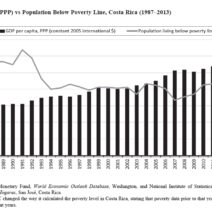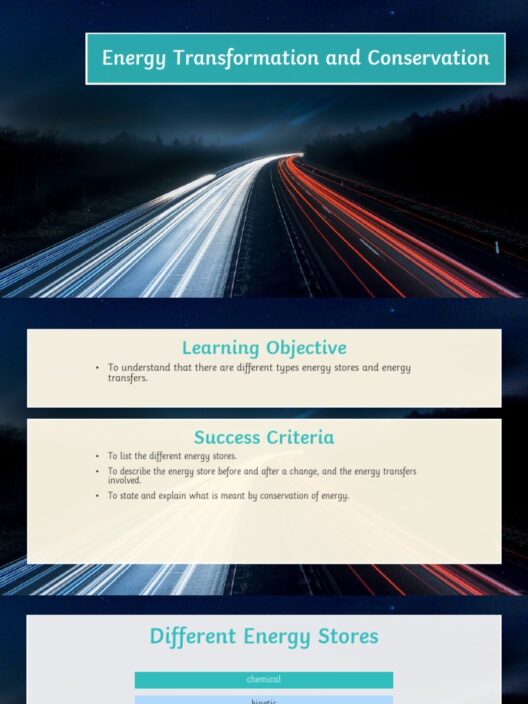In the contemporary world, the profound implications of waste on our environment are prominently acknowledged. As we delve into understanding how responsible consumption mitigates the rampant threat of global warming, it is essential to explore multiple angles: the significance of recycling, sustainable eating habits, and innovative waste management practices. This discourse on responsible consumption elucidates its undeniable role in combating climate change.
Firstly, recycling remains a cornerstone in the journey toward sustainable living. When materials are recycled, the energy expended in producing new goods from raw materials is significantly reduced, thus curtailing greenhouse gas emissions. For instance, recycling aluminum saves 95% of the energy required to produce new aluminum from bauxite. Such an energy conservation effort is crucial, considering that traditional manufacturing processes intevene with substantial CO2 output. By choosing to recycle household waste—be it paper, plastics, or metals—consumers create a cyclical consumption pattern that directly alleviates pressure on natural resources and transforms waste into energy.
Equally, the consumption of food plays a pivotal role in combating climate change. The agricultural sector is responsible for approximately one-quarter of global greenhouse gas emissions. Therefore, sustainable eating habits evolve into a personal responsibility for mitigating climate impacts. Opting for locally sourced foods minimizes transportation emissions, which are often significant when foods are imported over long distances. Moreover, embracing a plant-based diet can further reduce one’s carbon footprint. Livestock farming contributes profoundly to methane emissions, a potent greenhouse gas. This shift toward plant-forward diets results in decreased dependency on resource-intensive animal agriculture, offering a pathway to environmental improvement.
In conjunction with dietary shifts, composting emerges as an innovative waste management practice that transforms organic waste into nutrient-rich soil amendments. Diverting food scraps and yard waste from landfills effectively reduces methane emissions, as organic matter decomposes anaerobically in these sites, releasing this harmful gas into the atmosphere. By composting at home or participating in community composting initiatives, individuals can create a sustainable loop that naturally enriches soil while simultaneously diminishing landfill waste. Such actions exemplify how minor adjustments in day-to-day activities can lead to substantial environmental benefits.
Forging ahead, the concept of conscious consumerism envelops a broader mentality regarding the responsible consumption of goods. This involves a proactive approach to selecting products that are ethically sourced and produced with minimal environmental impact. Shoppers can appraise brands based on their sustainability practices, such as the responsible use of resources, ethical labor practices, and eco-friendly packaging. By supporting companies that prioritize sustainability, consumers catalyze a shift in market demand. This, in turn, encourages businesses to adopt lower-impact manufacturing processes, further influencing industry standards and practices.
Equally important is the reduction of single-use plastics, which presents a pressing environmental challenge across the globe. The proliferation of plastic waste not only contributes to the pollution of oceans and landscapes but also entails severe ecological consequences, as various species suffer from entanglement and ingestion. Embracing alternatives such as reusable bags, containers, and utensils significantly decreases reliance on disposable plastics. This fundamental adjustment resonates through communities, promoting a collective shift toward sustainability and responsible consumption.
Moreover, educational initiatives play an invaluable role in fostering awareness of climate change and sustainable practices. From community workshops to school programs, disseminating knowledge about responsible consumption encourages individuals to reconsider their habits. Informative campaigns elucidating the environmental impacts of waste and the benefits associated with recycling and composting can galvanize community participation. When people are equipped with information, they are more likely to take actionable steps toward responsible consumption and environmental stewardship.
In addition to individual actions, collective advocacy for policy changes is paramount. Engaging with local governments to promote waste reduction initiatives, supportive regulations for recycling programs, and incentives for sustainable practices can effect meaningful change at a systemic level. Public policies that aim to reduce waste generation and enhance resource recovery elucidate the importance of shifting our societal norms toward sustainability. Grassroots movements dedicated to ecological preservation also empower communities to collaborate for environmental justice and instigate widespread behavioral changes.
Furthermore, technological advancements continue to revolutionize our approach to consumption and waste management. Innovations ranging from waste-to-energy technologies to smart systems for tracking waste generation provide new methods to lessen climate impacts. Progress in biodegradable materials also presents promising alternatives to conventional plastics, enabling a reduction in overall environmental harm. As society progresses, integrating these emergent technologies in the pursuit of sustainable consumption practices offers immense potential for combating global warming.
In conclusion, the transition from waste to win encapsulates a decisive shift in consumer behavior. Responsible consumption encompasses varied dimensions—recycling, sustainable food choices, composting, conscious consumerism, and technological innovation. By understanding the implications of our daily choices, individuals can contribute to combating global warming effectively. The transformation of society hinges on collective efforts to adopt sustainable practices, moving towards a resilient and ecologically balanced future. With cooperation and education as tools of change, we possess the agency to foster a greener planet. Every action matters; thus, embracing responsible consumption becomes incumbent upon us all.








